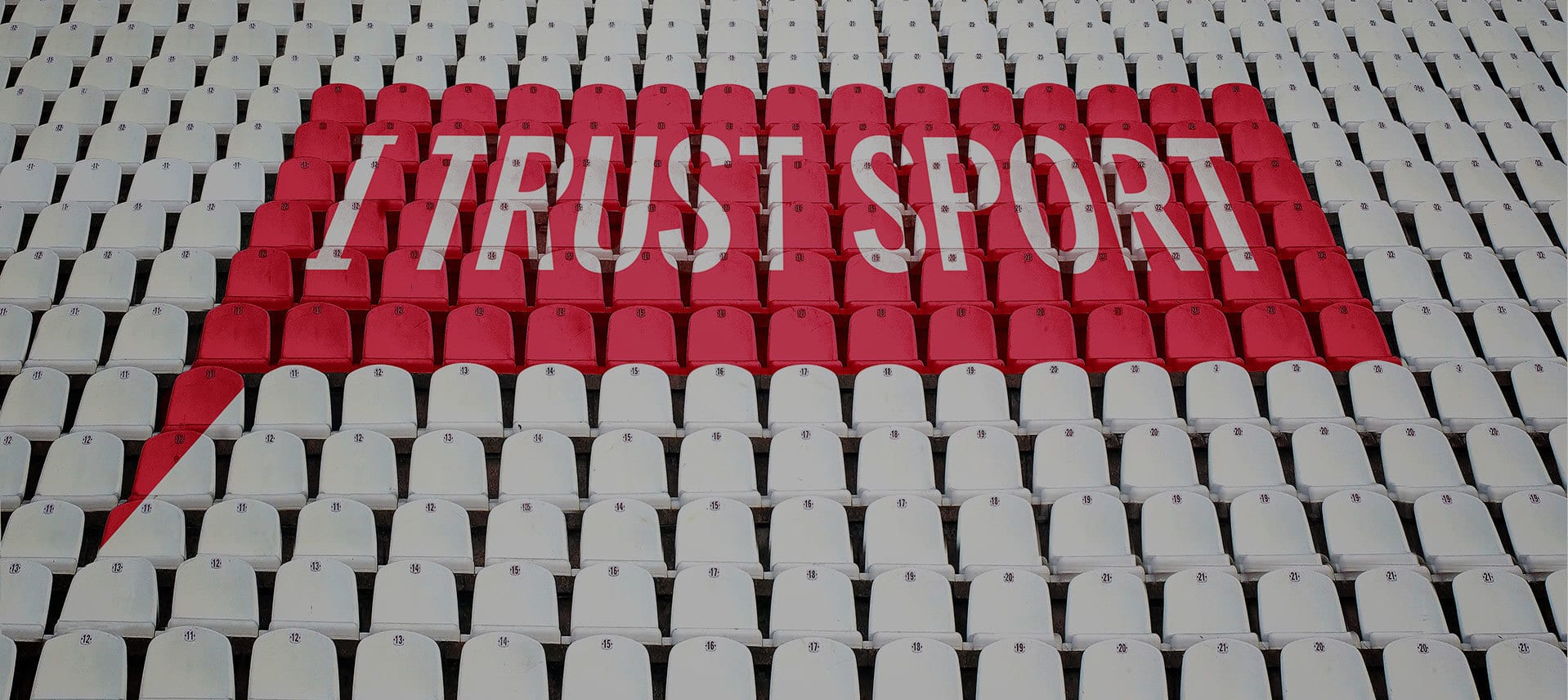In the International Olympic Committee’s (IOC) wide-ranging Agenda 2020 reform package approved on 8 December there are several changes with the potential to have a positive impact on global sports governance. While details of implementation remain to be resolved, there now seems to be a clear mandate and plan for progress.
Some of the most eye-catching ideas which have attracted media attention include the creation of a new Olympic Channel and increased flexibility in the rules regulating both the composition of the sports programme and bidding for the Games. Less newsworthy but still significant are recommendations 27 to 32 that deal specifically with governance issues:
27) Comply with basic principles of good governance
The recommendation requires all organisations belonging to the Olympic Movement to monitor and evaluate their compliance with the Basic Universal Principles of Good Governance of the Olympic and Sports Movement (PGG). Organisations are to be responsible for self-assessment but there is provision for the IOC to ask for extra evaluations, if necessary.
(I Trust Sport offers a governance assessment service to monitor compliance with the PGG – see here.)
28) Support autonomy
The IOC will create a template to facilitate cooperation between national authorities and sports organisations in a country.
29) Increase transparency
The IOC will publish accounts according to International Financial Reporting Standards, as well as an annual report and the allowance policy for IOC members.
30) Strengthen the IOC Ethics Committee independence
The Chair and the members of the IOC Ethics Commission will be elected by the IOC Session.
31) Ensure compliance
The IOC will appoint a compliance officer to advise organisations and individuals within the Olympic Movement.
32) Strengthen ethics
The Code of Ethics and Rules of Procedure will be revised.
Taken together, these measures show significant promise for enhancing international sports governance. They address some of the frequent criticisms of sports bodies, such as a lack of financial transparency and limited independence in Ethics Committees.
However, as several commentators have noted (see David Owen and Alan Abahamson among others), obtaining approval from the IOC Session is only one of several steps towards implementation of the plans. Much debate and negotiation lies ahead. One contentious topic which was raised in questions in Monaco was the process for adding or removing events from the Olympic sports programme.
I find it encouraging that some of the governance recommendations were already in recognisable form at the IOC Session in February 2014 (see for example page 58 of this document on the monitoring and evaluation of the PGG). A consultation and numerous committee meetings have taken place since then, probably including input from those who would have a vested interest in preventing reform, but what looked a sensible measure in February remains sensible now. As anybody with experience in international organisations with multiple and diverse stakeholders knows, it takes considerable time and effort to secure support. Thomas Bach and his team surely deserve credit for their successful diplomatic efforts.
A single sentence in the 40th and final recommendation explains the next steps for Agenda 2020: the IOC Executive Board will determine the priorities for implementation of the recommendations. Those deceptively simple words barely hint at the battles still to come, which will involve some sports fighting for survival. Nevertheless, the IOC now has a real mandate for change and that is to be welcomed.


